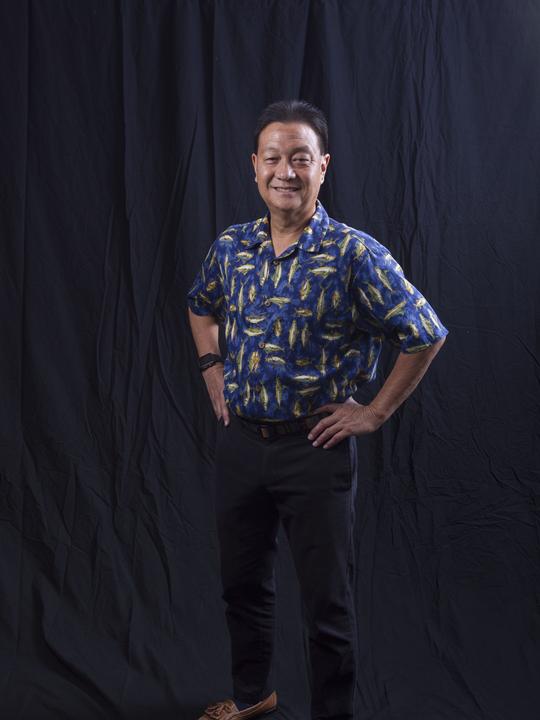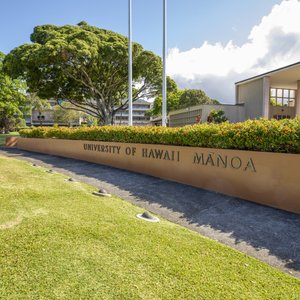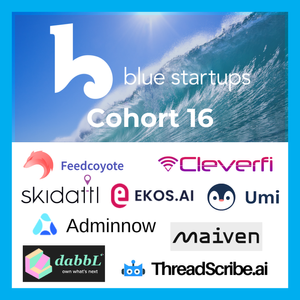
According to 2019 data from the U.S. Census Bureau, about 55,000 households in Hawaii do not have an internet subscription, and about 9.5% lack any access to the internet.
As the state’s broadband strategy officer, Burt Lum aims to change that. Lum helms the newly formed Hawaii Broadband and Digital Equity Office, where he works to bridge the digital divide by both expanding broadband infrastructure and increasing digital literacy education.
Lum has been working toward these goals since he first joined the Department of Business, Economic Development and Tourism in 2018, but he said the pandemic highlighted the importance of fast, reliable internet connectivity.
“In March of 2020, as a result of the stay-at-home order, everybody had to do whatever they had to do at home — people had to work from home, educate from home, telehealth from home,” recalled Lum, who early in the pandemic also helped create the Broadband Hui, a collective of community stakeholders working to address the digital disparities.
While this is a new role and a brand-new office for Lum, in many ways, it’s a natural progression for his career. Lum has been a driving force in Hawaii technology and telecommunications since the 1980s, and his previous work has included positions with Hawaiian Telcom and the innovation team at HMSA. He also founded the nonprofit Hawaii Open Data.
“Working in broadband and digital equity is kind of the culmination of everything I have been working on until this point in time,” he said. “I am really thankful to be in a position where I can help make a difference.”
Tell me about your current priorities.
The biggest priority for the office is building capacity and establishing a foundation upon which we, the state, can make the best use of the investment that is being started by the federal government. … The federal government is putting money into broadband infrastructure and digital equity.
And I want to make sure I differentiate between those two — they’re different but they’re tightly coupled. Broadband infrastructure is getting everyone connected at their house. But not everybody has a computer, or maybe they don’t know how to use a computer, or maybe they can’t afford to get the internet.
So, digital equity is looking at how do we get everybody in Hawaii — and when I say everybody, that’s inclusive of the marginalized or disenfranchised communities, and rural areas throughout the state — to a level a digital competency and readiness.
The goal is really to build programs that help people find pathways into the digital economy.
What are some steps you’re taking to achieve that vision, and what’s an example of a program already in place?
In the federal government’s IIJA [Infrastructure Investment and Jobs Act], they have a section called the Digital Equity Act, and that will fund the Digital Equity Plan. Hawaii will be allocated about $570,000, and we are putting a team together to create the plan.
We’ve got the community involved, we’ve got the Broadband Hui — we have organizations in the hui that span nonprofits, the counties, all the folks [who] are on the ground in the communities. I am trying to engage all of those voices … and we’re working to get people mobilized so that we can put this money to best use.
As one example of a program that is already happening, you have computer science education — there is legislation for computer science in K-12. You also have digital literacy classes that are now taking place throughout the state. … We’ve been working with a nonprofit called Hawaiian Hope, which takes donated laptops and refurbishes them to give to [participants] in digital literacy classes to take home.
… Another example is that there was an esports lab set up at Waipahu Library. If you look at it through the lens of digital equity, it’s a place where people who might not have a high-performance gaming computer or high-speed internet can go and actually go through a program that helps them get experience.
How do you hope digital equity will impact Hawaii?
You have to ask the other side of that question: What is it that we will lose if we don’t have [digital equity]? And basically, that would create a situation where it’s the status quo — we just do what we’re doing now; we’ll be a service-oriented, tourism economy.
The hope is that, through digital equity programs, Hawaii becomes more resilient and more capable of being a creator versus a consumer. That includes both the startup ecosystem and getting more tech-oriented startups to start here and grow here as well as getting corporations to embrace technology so that businesses are more technically adept, which means that the employees are more technically adept.
My goal is to feel that we haven’t left anybody behind and that we have created an environment that is inclusive. … The overall objective is to successfully create a digital economy here that’s thriving for people to earn good money and really put Hawaii on the map as more than just a tourist destination.
Burt Lum
Broadband Strategy Officer, Hawaii Broadband and Digital Equity Office,
Department of Business, Economic Development and Tourism
Address: 250 South Hotel St. Honolulu, HI 96813
Phone: 808-587-9001
Website: broadband.hawaii.gov



